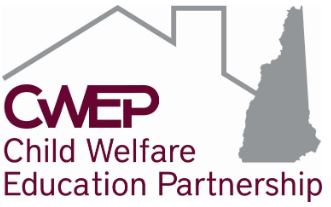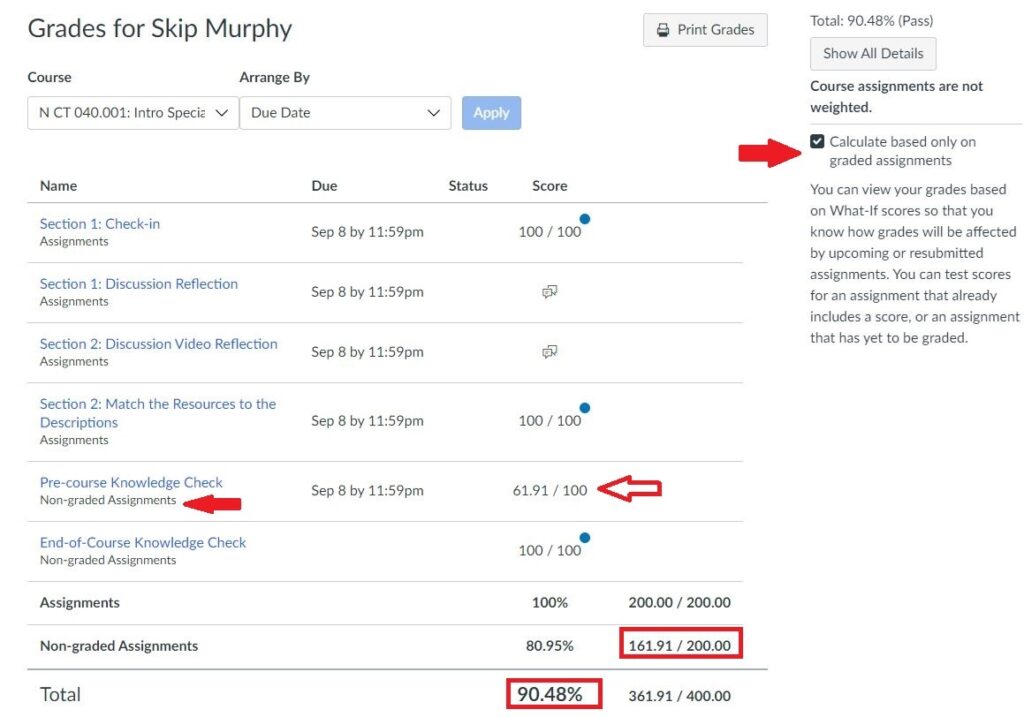Well, after almost four months into this “gig”, I finally saw the breadcrumbs I expected to see. Read on!
Yes, DCYF is still taking up the bulk of my time as I’m still having to “bird dog” all kinds of details for them (“the Division”) and the last of the School District in getting the Granddaughter registered for school.
SideNote: Yes, I read the District policies a LOT – and I would encourage ALL concerned parents to do the same thing. For my situation right now, to that latter point I remembered that SAU73 (Gilford/Gilmanton) has a policy, JFABF, that details how the District is supposed to deal with DCYF entangled children (“EDUCATION OF CHILDREN IN FOSTER CARE”). It describes that the District has, in that Policy, a part about “District Point of Contact with Child Welfare Agencies.” Ergo, DCYF:
The Superintendent shall designate a staff member to serve as the District’s point of contact (the “Foster Care POC”) between the New Hampshire Division of Children, Youth and Families (“DCYF”), NHDOE, other districts, and other child welfare agencies. The main duty of the Foster Care POC is to facilitate the prompt and appropriate placement, transfer, and enrollment of students in foster care…
So instead of beating my head against the steel plate for the last couple of items, wasting gobs of time, I informed the FC POC designee that I was turning over all of the last remaining items and stepping out of the process:
If more information is needed by the District, given that you are the District’s DCYF POC per Policy JFABF, please contact <name redacted> at DCYF to finish the registration process. I have no idea who to believe, <conflicting messages from an admin assistant or their information system). I have no idea what information is lacking.
Have at it.
So, back to DCYF taking up all my time which translates as taking “DCYF class” (online). TMEW and I have decided that since we are caring for a special needs child, we might as well “learn up” about some of her conditions (and some on the Grandson since he has his own issues, too), I’d take the suite of classes that certify us at a higher level than “general Foster Parents). And yes, showing out self-interest (which the Left continuously tries to slander as “SELFISH” when someone engages in Capitalism (which is what we are doing relative to DCYF). And for us, it means a higher level of compensation as our “skill set” has improved by said class (even as we have been raising special needs kids for 30-odd years (our two, the Grandson, and now the Granddaughter – we’ve had experience aplenty already).
So where is the post going (as Steve, Managing Editor, is already muttering (heh!)? About the first class in the “Specialized” series. Yes, I passed and sent the results back to my “DCYF handlers” (nice women but sometimes don’t know quite what to make of me completely – yet).
Sidenote: At least they do one thing right. The material isn’t all that difficult in and of itself but this class was a lot about learning about Government programs to help Foster Parents – who, what, and where. However, a passing grade is 80% or better – this one had three short quizzes. I admit I had to go back through the material (“ok, I read that, but WHICH is the exact name in this pulldown list of that entity??”) as there seems to be a fair amount of overlap of those offering help.
Observation #1:
A few years ago, it seemed that the field of Social Work had this “thing” that every person in that field had to have a “Disposition” – a point of view that became MANDATORY for all students pursuing that field as a vocation. And students were being summarily ejected from their graduate classes if they espoused wrongthink:
It even intends to redesign its admissions process so that it screens out people with the wrong beliefs and values-those who it judges will not be able to be brought around to the correct beliefs and values of “cultural competence” even after remedial training.
the “Race, Culture, Class, and Gender Task Group” has proposed mandating certain beliefs and values—”dispositions“—for future teachers.
Here’s a couple examples from 2007 and 2009. Social Justice was just getting to be the rampaging bull in their china shop. And it migrated to Schools of Education. And the classes I’m taking are from CWEP (Child Welfare Education Partnership, an offshoot of UNH – College of Professional Studies (DCYF outsources the classes I have to take). And
It seems, however, that Social Justice has morphed into Critical Race Theory and Gender Identity. Well, no, it hasn’t – just like Democrats and “Liberals” and “Progressives”, they’ve just changed the name and slightly changed to presentation of the underlying political philosophy to make the rest of us guilty in one way or another (Oppressors, Oppressed). And one way to show that one isn’t one of the Oppressors is by use of your Gender Identity “pronouns”.
My instructor, in looking at all the people shown in my current class in Canvas (the Learning Management System used by UNH and the NH Community Colleges), was the only one that had this:
<Name Redacted> (She/her/hers)
Oh boy, there’s a flashing light, by gosh! Oh wait!
Observation #2:
After taking the End-Of-Course Knowledge Quiz, I was presented with a survey and I decided to ask a question just to see what the answer (reaction?) would be. Using Canvas’s internal email, I sent this to the instructor early on Saturday morning when I “took” this self-based class (emphasis added now – not in the actual email):
Good morning,
An inquiry, if I might.
Perhaps I am reading this wrong and perhaps it is because I am old school, but it seems that even though the Pre-Course Knowledge Check (that I ASSUME makes the assumption that I know nothing about the class content at all) is marked as non-graded, it does seem to be calculated as part of my final grade thus far (please see attachment).
So my questions are:
– Is it truly part of the final grade for this class?
– If it is, is it really “equitable” (as the end-of-class survey question noted, which also included “inclusive” and “respectful” to do include “non-graded assignments” into a final grade?
And the attachment:
So yeah, a bit of beef with the grading system in that it seems that one is supposed to know more than “diddly” to get a decent score. And I’m not clear on how the match is calculated – which of the “events” are used/counted and which aren’t. And shouldn’t “Non-graded” actually mean non-graded???
And 161.01/200 is 80.9%, if you were wondering.
As of Sunday night as I write this, I haven’t had a response thrown my way. It may be interesting on Tuesday morning to find out how the math is calculated out.
It will ALSO (the main reason for this post) be interesting to see how “equitable”, “inclusive”, and “respectful” pan out in all this.
Frankly, I think “respectful” covers the whole thing and the other two modifiers are irrelevant?

